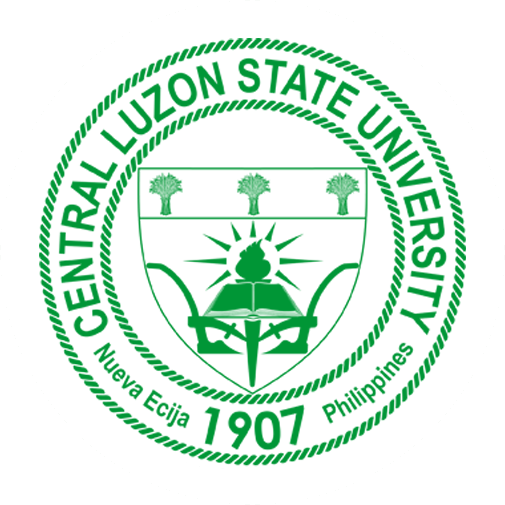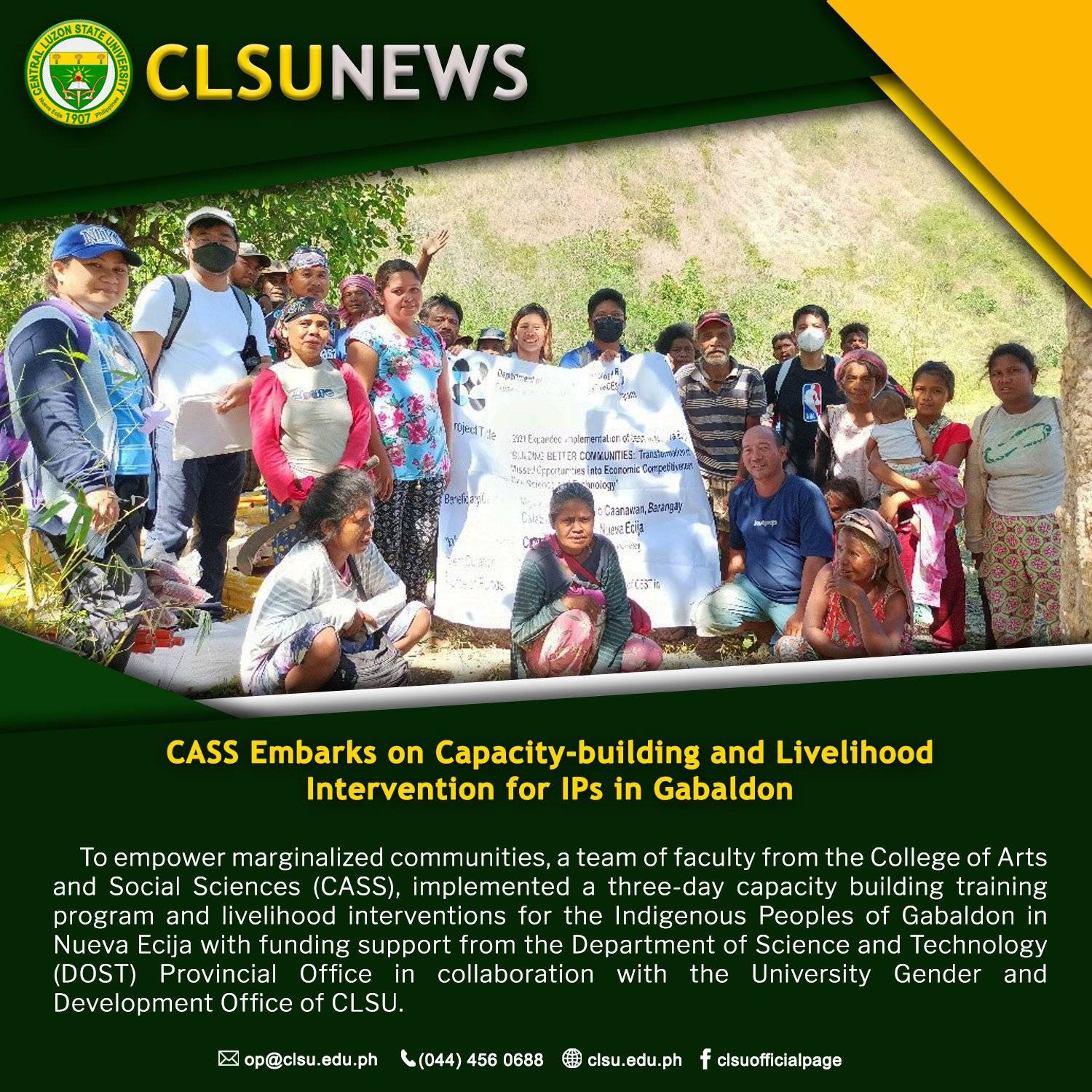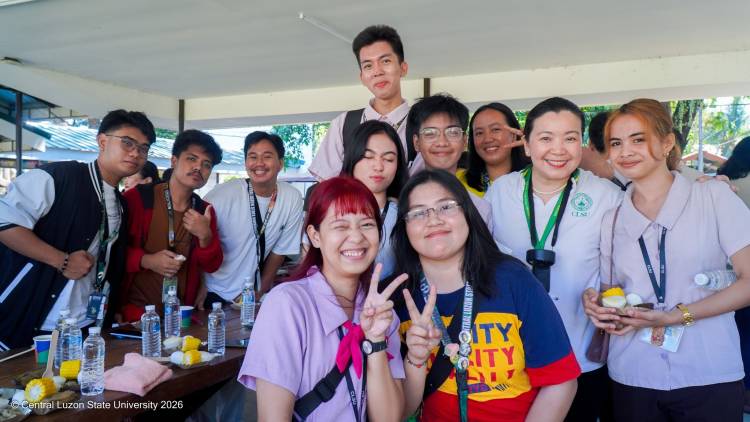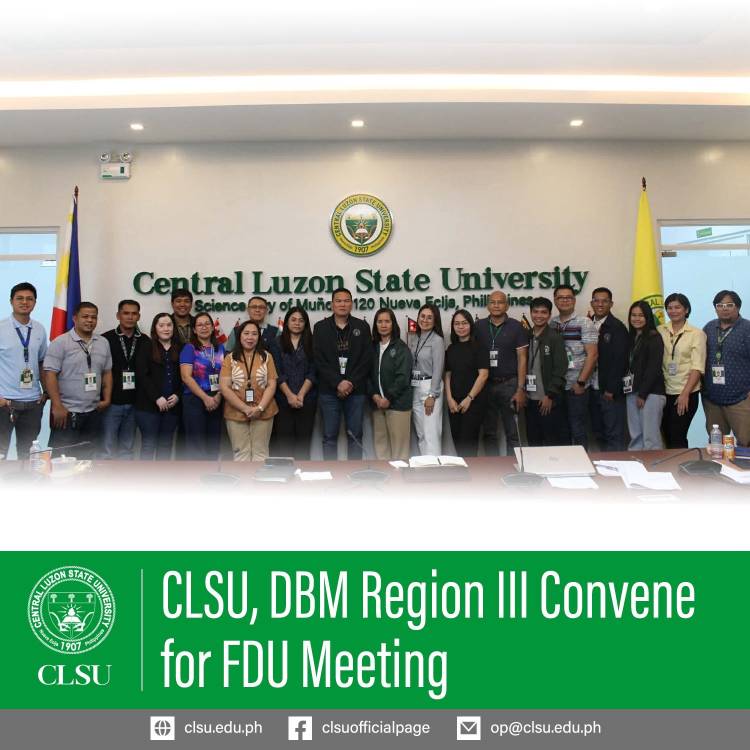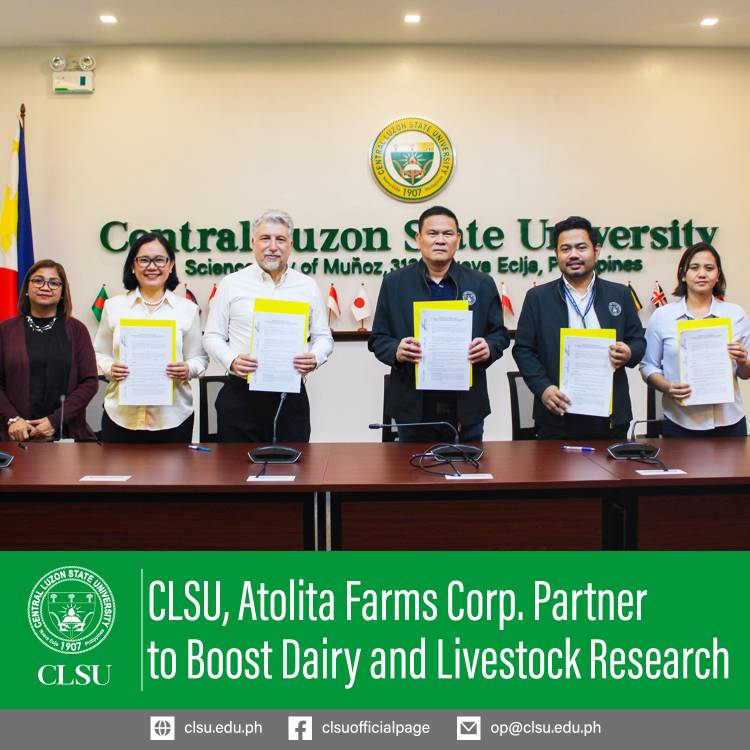To empower marginalized communities, a team of faculty from the College of Arts and Social Sciences (CASS), implemented a three-day capacity building training program and livelihood interventions for the Indigenous Peoples of Gabaldon in Nueva Ecija with funding support from the Department of Science and Technology (DOST) Provincial Office in collaboration with the University Gender and Development Office of CLSU.
Funded under the Community Empowerment thru Science and Technology (CEST) of DOST, Dr. Jay C. Santos, CASS Dean and Project Leader led the other faculty in the college serving as Project Staff namely, Prof. Floper Gershwin Manuel, Dr. Marife R. De Torres, Dr. Sharina Merculio Ms. Mylene Sacro, and Ms. Maybelle Ramirez. Together with DOST Provincial Office Representative Jonie Alerre, the team initially met with the Municipal Mayor of Gabaldon Atty. Jobby P. Emata on February 22 to discuss the details of the project. Also present in the meeting was the Municipal Agriculture Office Chief Florenda Sumawang and Municipal Vice Mayor Victorino V. Sabino.
On March 16 to 18, through the assistance of Indigenous Person Mandatory Representative (IPMR) Randy Casamis, the CASS team implemented the training for the 35 members of “Samahan ng Katutubong Dumagat sa Sitio Dupinga at Sitio Pag-Asa ng Barangay Malinao” in Gabaldon, Nueva Ecija.
To strengthen the organization of the IPs, Assoc. Prof. Oliva B. Parico and Randolf Warren Gregorio T. Mayo II, faculty from the Department of Social Sciences, provided lectures and workshops on policy-making, control, and ethical leadership for sustainable development. One of the problems identified was the sustainability of livelihood programs participated by some members of the organization.
Meanwhile, realizing the vulnerability of IPs to psychological trauma as they reside in areas susceptible to flooding such as near mountain ridges and alongside waterways such as rivers, Ms. Klara Patricia Laureta, faculty from the Department of Psychology, lectures on Enhancing Human Resilience Through Psychological First-Aid.
Mr. Jayson D. Natividad of Curvada Organico conducted a livelihood training workshop on Stone Processing Technology with IPs participating in the making of displays and souvenirs from the processed stones.
Stone processing equipment amounting to 268,720.00 pesos was initially being loaned for one year to the participating members thru Mr. Casamis, IPMR representative. The equipment includes a Jackhammer (5pcs), small-angle grinder (10 pcs), large angle grinder (10 pcs), 4 inches masonry circular blade (20 pcs), 7 inches masonry circular blade (20 pcs), buffing machine (10 pcs), chipping gun (10 pcs), and die grinding kit (10 pcs). These will be officially donated to the organization if the results of the monitoring would suggest the sustainability of the livelihood project. However, if there is proof of discontinuance of the project, the equipment and tools will be returned to CLSU.
The three-day training concluded with a closing program with Dr. Santos and Municipal Administrator Ricardo A. Subido awarding the Certificates of Participation to the members of the IP community.
Meanwhile, to sustain existing livelihood opportunities for the IPs in Sitio Caanawan, Barangay Calabasa, Gabaldon, and Nueva Ecija, several farm tools kits, fertilizers, and seedlings were donated thru the DOST-CEST assisted project.
On March 22, Dr. Santos and four CASS faculty together with DOST Provincial Office Representative Kim De Vera Licudan traversed the Dupinga river via a vehicle locally referred to as “hubad” and walked for almost an hour in the hilly mountain area of Sitio Caanawan to personally hand over 20 sets of planting toolkits to the IP members of the said community. These include a squarehead shovel, rake comb, backhoe, pair of spades convertible to post hole digger, pick mattock, scythe, hand trowel, soil forks, organic fertilizer, vegetable seeds (10 hybrid variety), and planting manual.
Approximately 27 members of the IP community in Sitio Caanawan, with their Chieftain Marichu Valentin and IPMR Representative Mr. Casamis, were present to receive the said donations.
Gabaldon is one of the three sites for the DOST-assisted project awarded to CLSU under the 2021 Expanded Implementation of CEST in Nueva Ecija “Building Better COMMUNITIES: Transformation of Missed Opportunities into Economic Competitiveness thru Science and Technology”. The other two project sites are the municipalities of Cuyapo and Pantabangan, Nueva Ecija. The project amounting to 1,781,120.00 million pesos commenced on August 1, 2021, and is expected to end by July 31, 2022.
